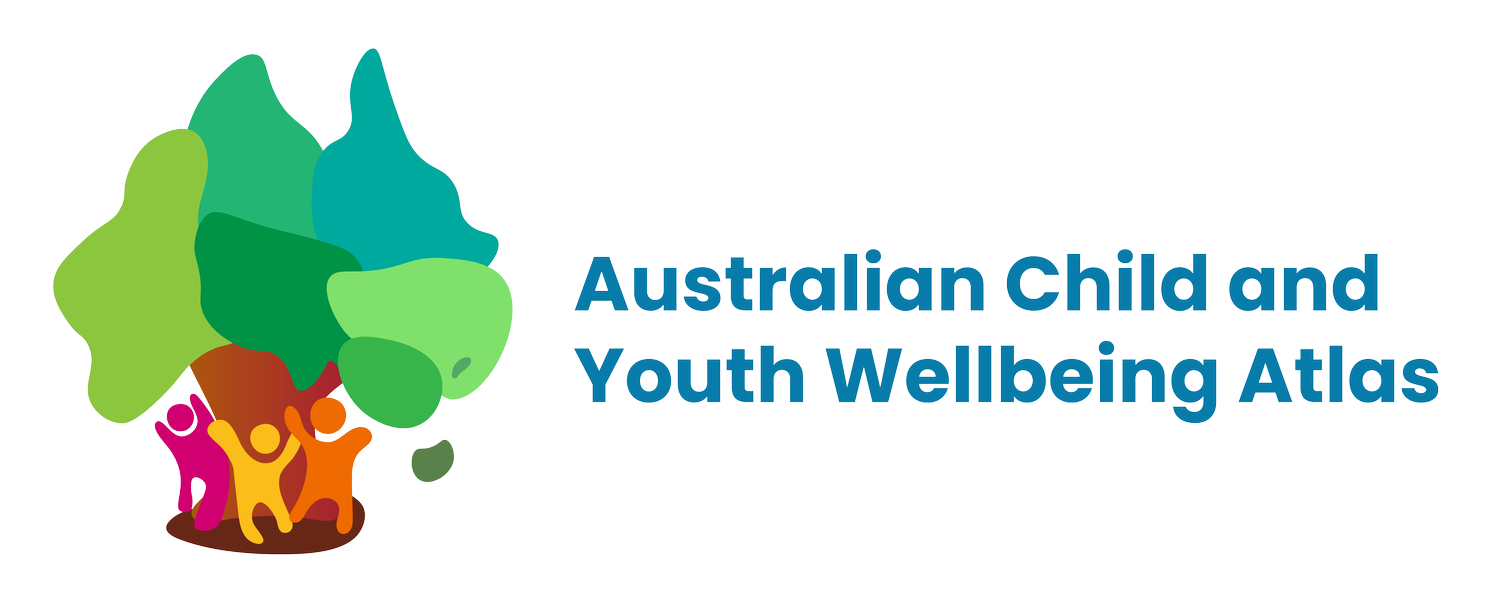The Australian Child and Youth Wellbeing Atlas maps data on children and young people aged 0 to 24 in communities across Australia.
It enables the visualisation, analysis, and monitoring of health and wellbeing metrics for children and young people.
This freely accessible resource enables government agencies, researchers, and community organisations to systematically identify and address child and youth wellbeing priorities in a rigorous and cost-effective way.
The Australian Child and Youth Wellbeing Atlas defines children’s health and wellbeing in the context of the evidence-based Nest Wellbeing Framework, developed by the Australian Research Alliance for Children and Youth (ARACY), which includes six wellbeing domains:
The ACYWA Indicators
Acknowledgements
The authors wish to thank the Department of the Premier and Cabinet (WA) and the Departments of Communities, Education, Health, Justice (including the Registry of Births, Deaths and Marriages) and Western Australia Police Force for provision of data through PeopleWA used for this project.
The Australian Child and Youth Wellbeing Atlas received investment (doi.org/10.47486/DP728) from the Australian Research Data Commons (ARDC). The ARDC is enabled by the National Collaborative Research Infrastructure Strategy (NCRIS).





